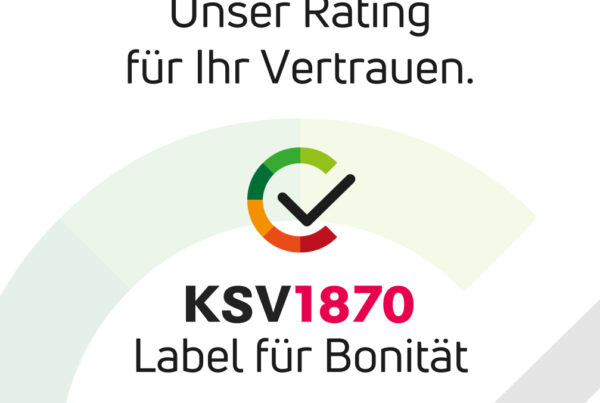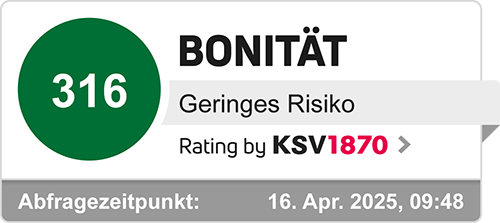The term “hybrid skills” is gaining traction—and for good reason. Hybrid roles, which blend IT expertise with other specialized knowledge, are no longer a rarity but a growing trend.
What does this mean for the IT industry?
IT professionals are increasingly expected to combine technical proficiency with complementary skills like project management, data analysis, or even marketing.
These roles bridge the gap between pure tech and strategic business needs, making tech teams more versatile and aligned with organizational goals.
Examples of Hybrid Roles:
Data Scientist with Business Intelligence Expertise: Turning complex data into actionable business strategies.
Cybersecurity Analyst with Legal Insights: Ensuring compliance with evolving regulations while protecting digital assets.
Full-Stack Developer with UX/UI Design Skills: Building seamless, user-friendly applications.
Why It Matters:
For IT professionals, developing hybrid skills can open doors to diverse career paths and leadership roles. It’s not just about mastering technology anymore—it’s about leveraging it in ways that drive broader value.
Future Prospects:
By 2030, hybrid roles may surpass traditional IT positions in demand. Skills that combine IT expertise with areas like data-driven decision-making, ethical AI implementation, or digital transformation leadership will likely dominate.
Your Take?
Do you think hybrid roles are the future of IT? What skills do you believe are essential for thriving in these positions?






